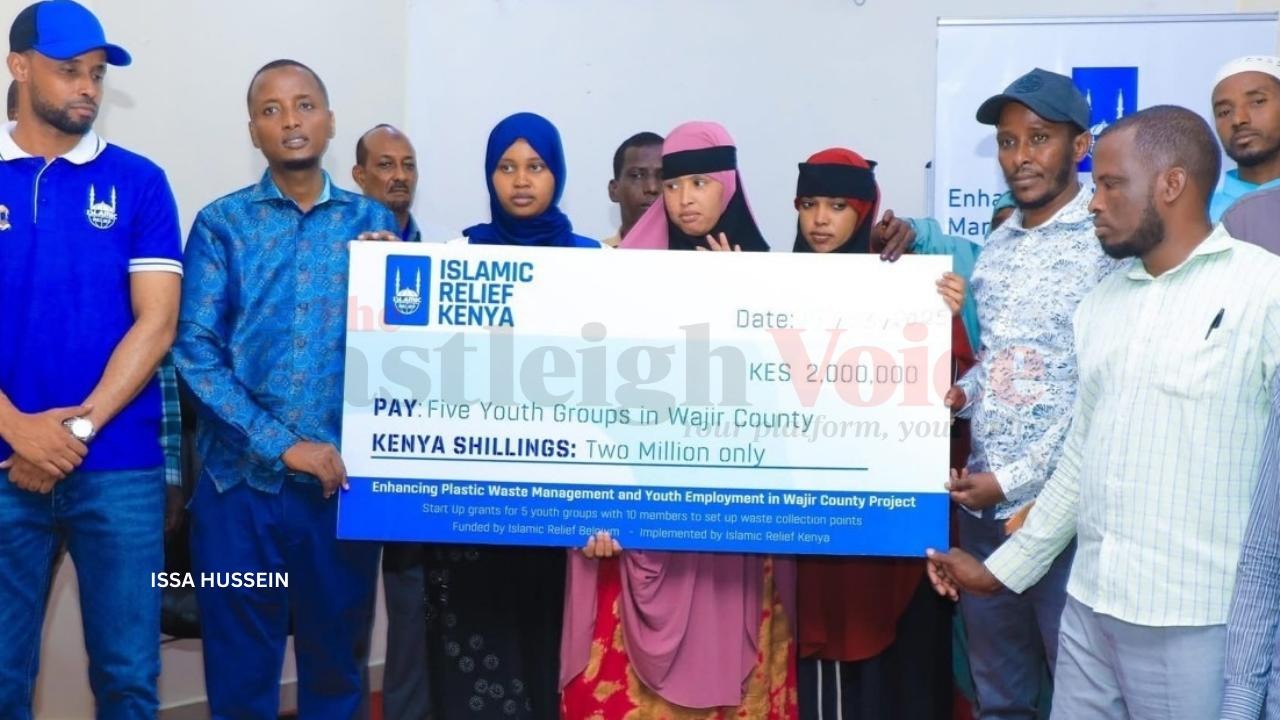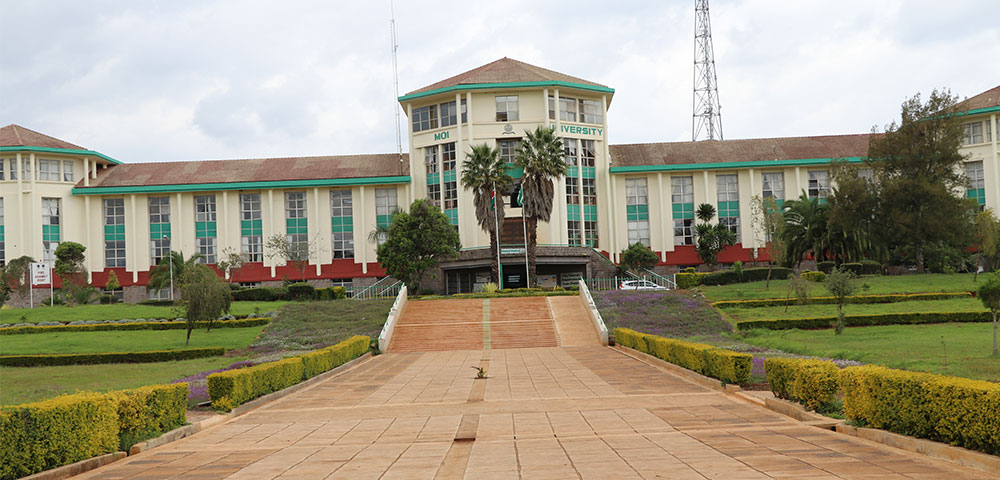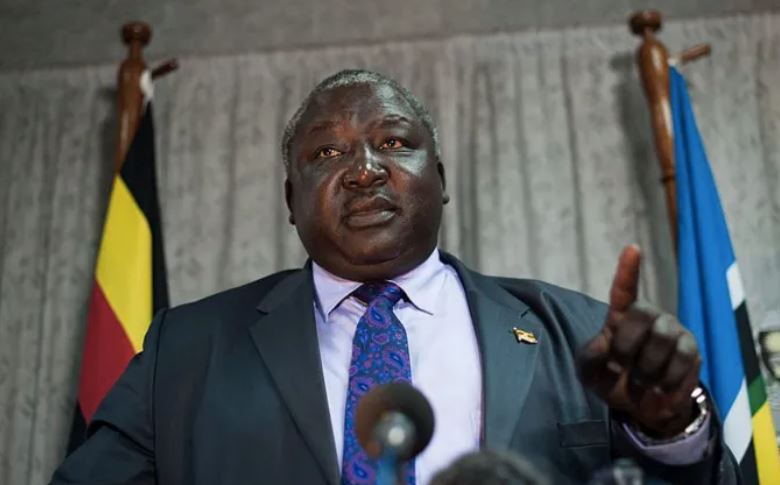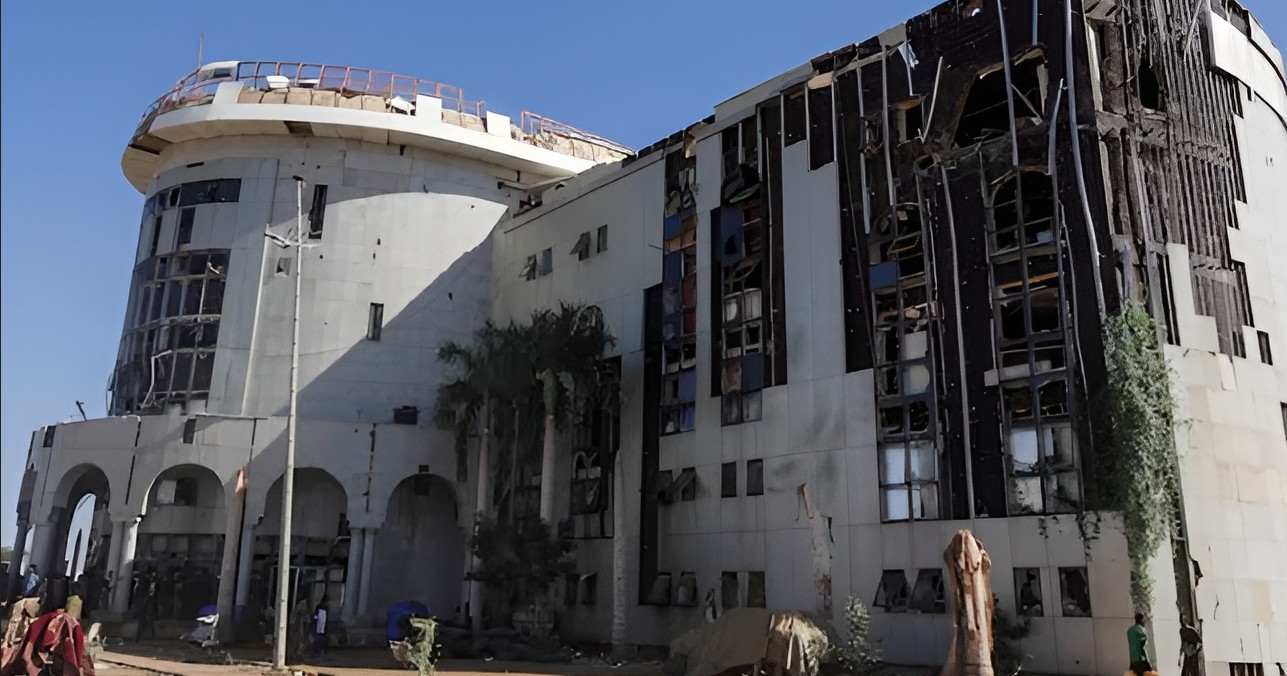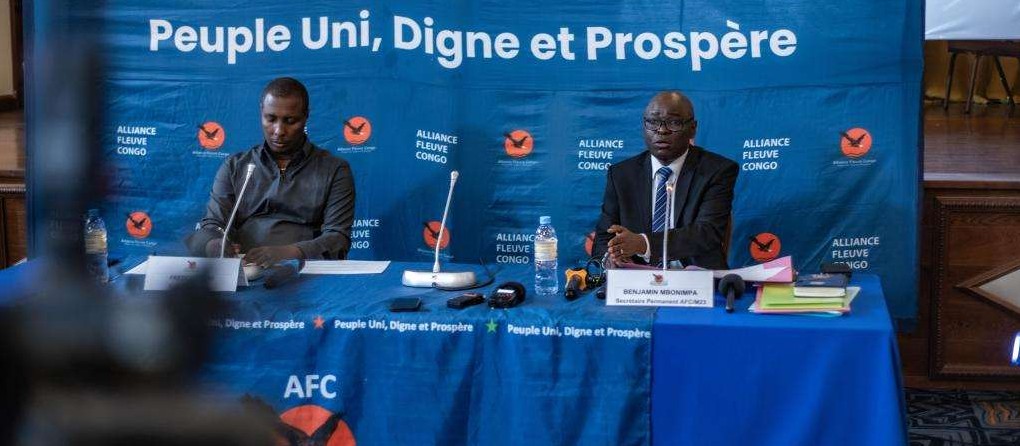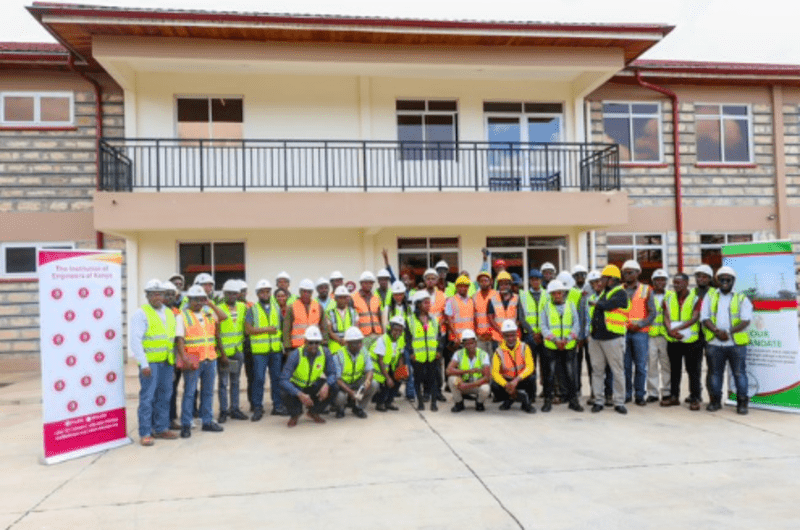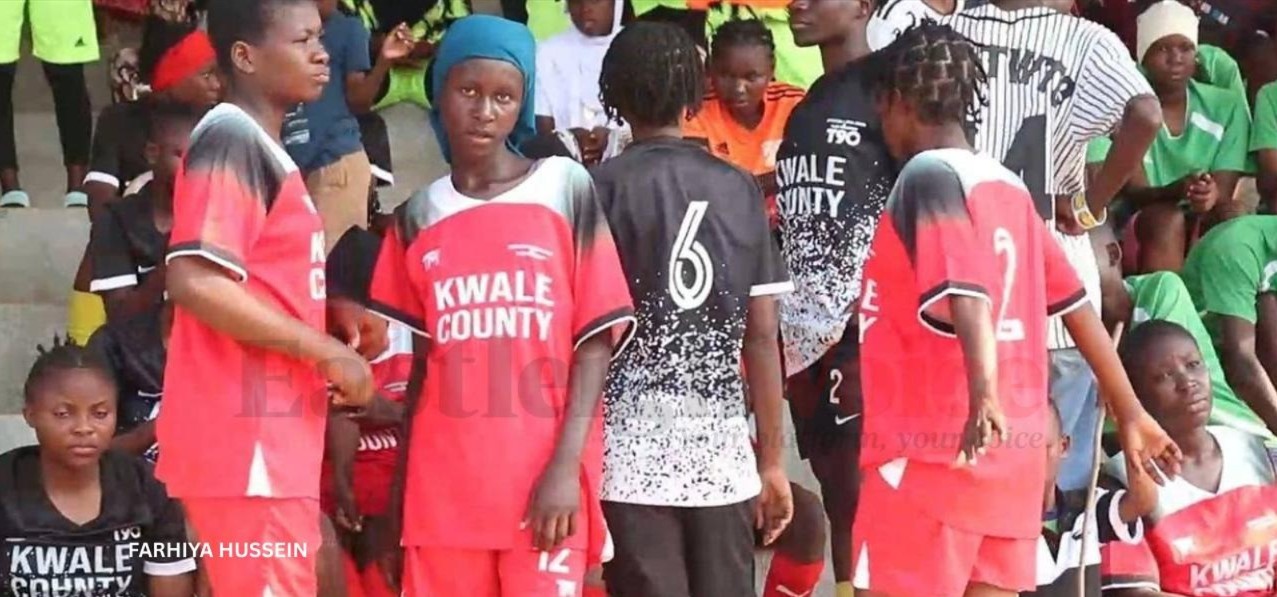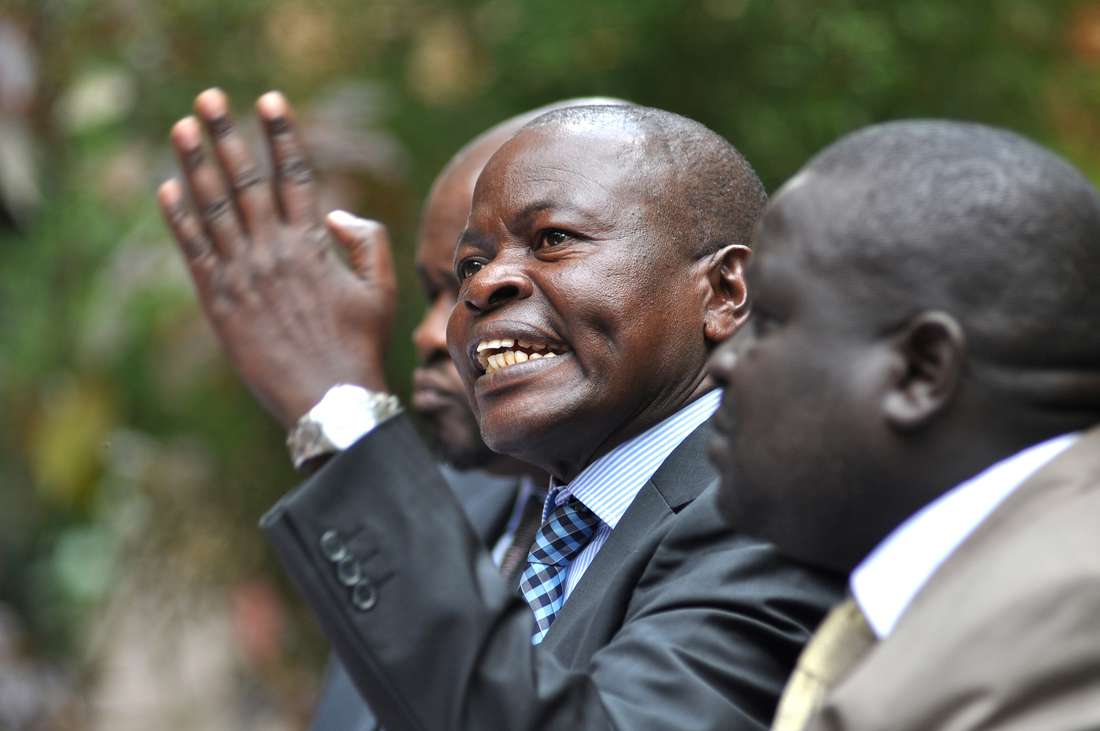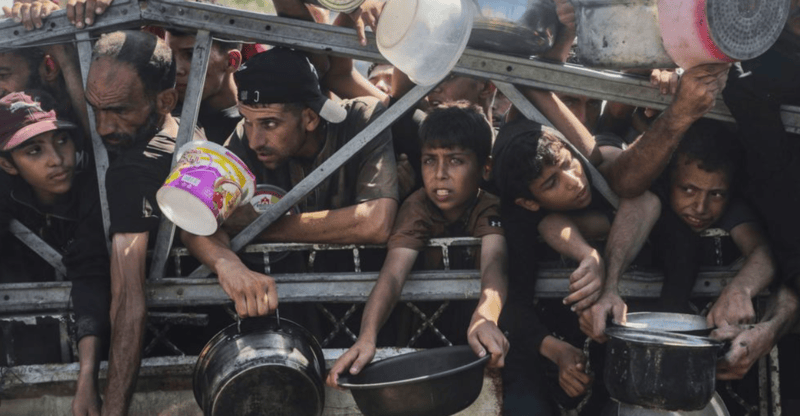Africa lagging in designating ISIL, al-Qaeda entities, UN expert reveals
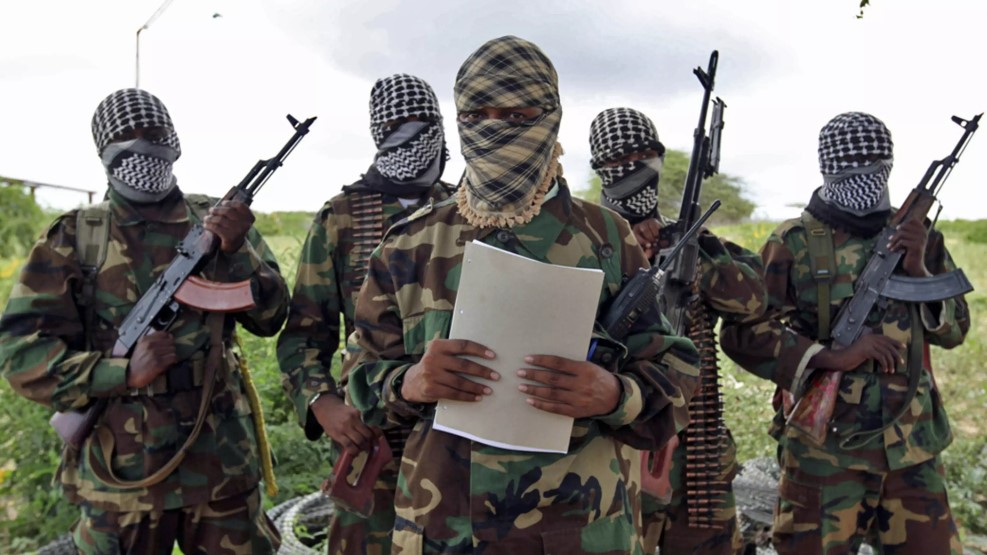
Only four African member states have been involved in the listing of individuals and entities as ISIL/al-Qaeda affiliates, despite lingering terror activities in the region.
This was revealed on Wednesday by an expert from the United Nations Security Council (UNSC)'s Al-Qaeda/Taliban monitoring team, at the just-concluded regional security meeting that sought to enhance border security to deter and disrupt terrorist movement within the continent.
More To Read
- Somalia, US hold talks on expanded cooperation on border security, immigration
- Kenya marks 27 years since 1998 US embassy bombing with renewed pledge to fight terrorism
- Nine police officers injured in IED attack in Garissa County
- Sh647 million bounty offered for Al-Shabaab leader Abdikadir Ikrima behind 2010 Kampala bombings
- Islamic State claims responsibility for DRC church attack that left at least 43 dead
- Ethiopia arrests 82 suspected ISIS operatives
Rosemary Ochieng noted that while member states are at liberty to propose names of individuals or entities, whether nationals or foreigners, to be listed under the UNSC's 1267 sanctions regime, only four countries have been involved in the current sanctions list that has 343 names (254 individuals and 89 entities/groups), 80 of which are African.
The slow uptake of the tool as a means to deter movement of Foreign Terrorist Fighters (FTFs) in the region also saw only three individuals and one entity listed in 2023; two were de-listed the same year. This year, one was listed and another got delisted.
"Sanctions can be a successful disruption tool; the impact of such listing includes: asset freeze (which makes it difficult for them to access finances), travel ban (which makes it difficult for them to move), and weapons embargo," she explained.
The criteria for listing under 1267 are that the person or group must be affiliated with ISIL/al-Qaeda. Countries that have designated bandits as terrorists and seek their listing under this category must prove that they (individuals/entities) are associated with the two global terror threats.
"The other things we look at are the activities that this person or individuals are engaged in, are they participating in financing or supplying, or ferrying arms to these groups, or recruiting? It is the prerogative of member states to propose names, which are then taken to the monitoring team that assists with the technical bit of the process before they are published on our website for the world to see," she said.
Ochieng added that countries seeking to have such persons or entities listed can do so within 10 days of placing the proposal before the monitoring committee.
She further explained that the list is protected from abuse through placing a hold on the process, to enable a member of the committee to gather more information on a proposed individual or entity. The review process can take up to nine months.
In August 2019, Kenya's push to have the al-Shabaab terror group designated failed at the United Nations Security Council following strong opposition by humanitarian agencies, which claimed such a move would 'criminalise humanitarian aid', a decision that Kenya strongly expressed disappointment with.
This was the second time that the country was fronting the proposal, following an initial failed bid in 2014 on a veto from the United Kingdom. The terror group is currently administered under UNSC resolution 751, which includes a ban on arms purchase, travel ban, and asset freeze.
Another expert who is part of the monitoring team noted that though al-Shabaab is clearly an affiliate of al-Qaeda, which ticks every single box under this requirement, the timing for the second proposal may have affected the attempt to have it listed for the sanctions regime.
"The proposal for the listing can be made again. There has been a shift on many levels, but certainly al-Shabaab is custom-made for listing under the 1267," the expert said.
The two-day meeting took place under the Nairobi Caucus, an African-led initiative designed to proactively anticipate and respond to the evolving threat of terrorism and violent extremism through strengthened cross-regional collaboration.
Top Stories Today


